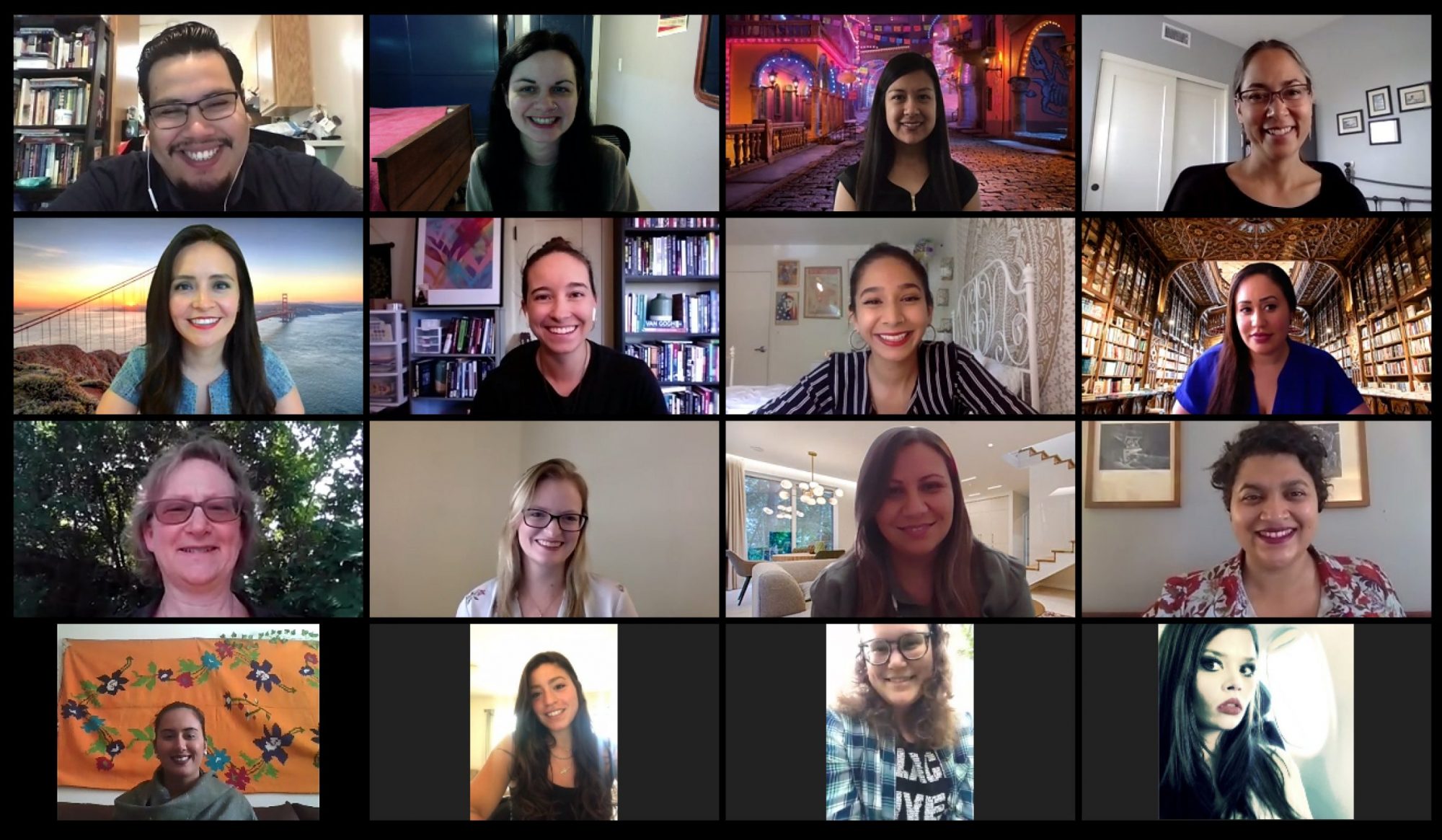[Authors] Linda E. Sanchez and Susan Bibler Coutin
[Keywords] Immigration; Sanctuary; Fugitivity; Nativism
[Abstract] Scholarship regarding those who are categorized as undocumented can put sanctuary principles into practice in research settings. To do so, scholars can conduct research in collaboration with immigrant communities, reject essentializing terminology, develop modes of sociality that challenge exclusion, and document the unofficial forms of sanctuary devised by members of immigrant communities. This research model is grounded in principles of accompaniment that were followed by 1980s activists who offered sanctuary to those fleeing wars in Central America. Examples of research initiatives and educational programs that follow such principles are presented.






